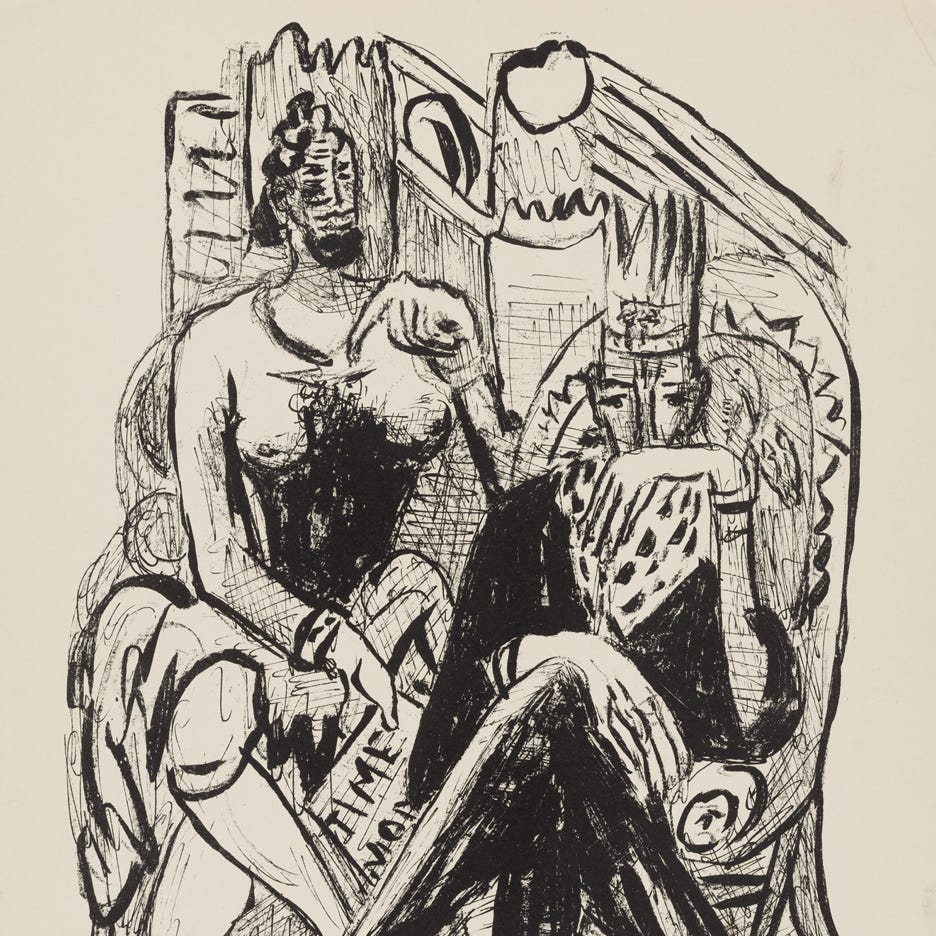Editor’s Note: This week marks the first 100 days of the Argentine president’s Javier Milei’s term in office. When he was elected, I texted my friend, today’s contributor Mario Šilar, and told him: “You are not dreaming! A follower of the Austrian School of Economics is now president of Argent…
Substack is the home for great culture





